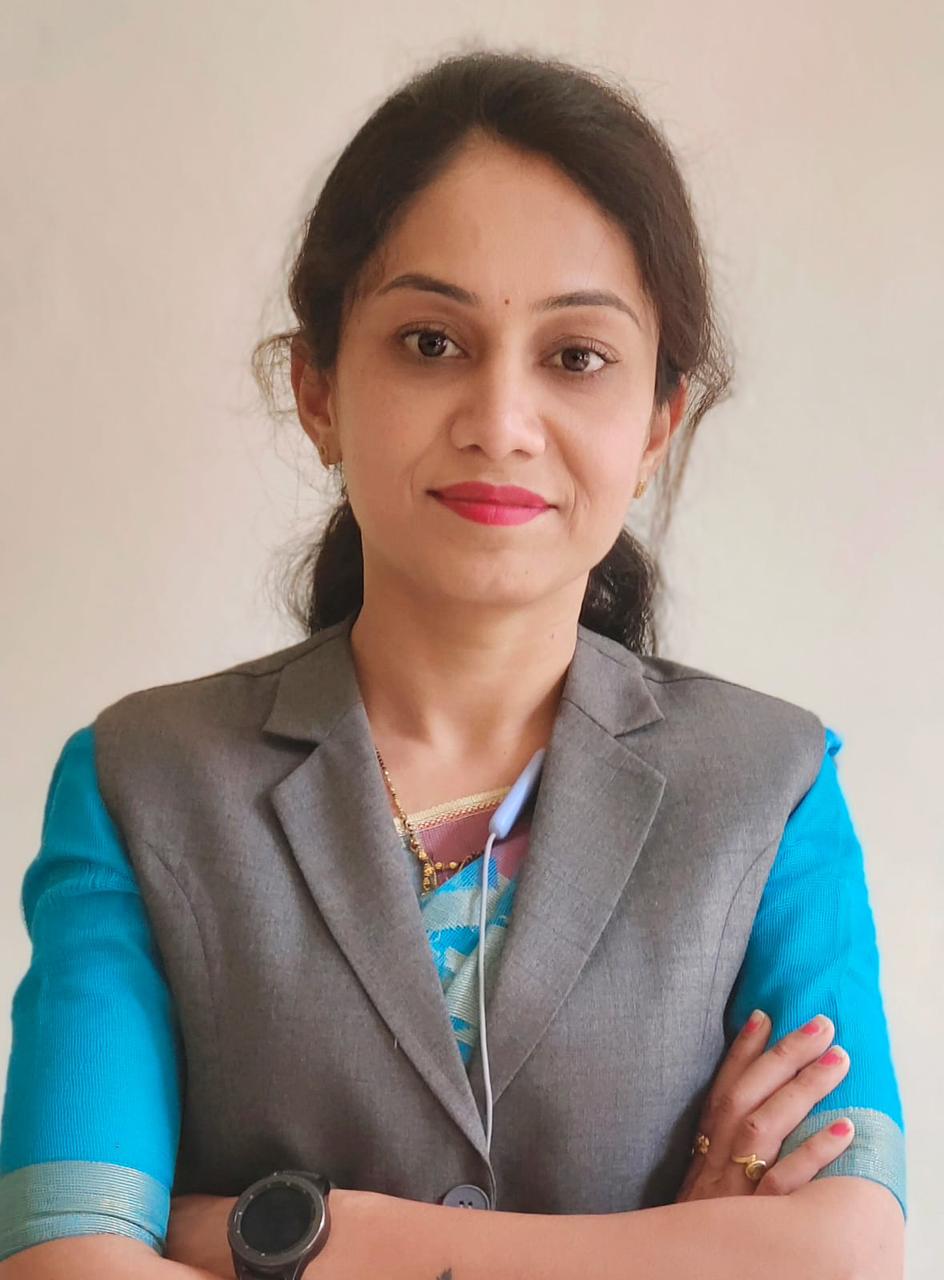ABOUT DEPARTMENT
Electrical and Electronics is the branch of Engineering that has revolutionized the life style of humanity. It is a pace setter and a prime mover behind the transition to a technological society. The field of Electrical and Electronics Engineering encompasses all areas of human life, starting from house hold appliances, industrial Automation/ robotics, life saving medical equipments to space vehicles.
It is the branch of engineering that involves the production and usage of heat mechanical power for the design, production, and operation of machines and tools. It is one of the oldest and broadest engineering disciplines.
Key Features :
- Experienced, dynamic and qualified fully dedicated faculty members, having many research papers in International / national journals and conferences to their credit.
- State of art laboratories and more emphasis on practical knowledge.
- Frequent industrial visits & MOUs to bridge the gap between industry and academics.
- Use of many ICT tools along with NPTEL video lectures, animations, PPTs for effective learning.
- Regular Seminars, expert lectures and workshops, FDPs for faculty as well as students.
- Separate departmental library in addition to central library.
Aim :
The E&TC department aims to educate students to apply concepts and principles of electrical and electronics engineering to solve important technological and scientific problems, and also to train the students to practice engineering with technical skills, professionalism and social awareness. Promoting a culture of knowledge and to achieve the performance in the supply of high quality education and services. The E&TC program puts emphasis on both theory and practical applications by providing a solid background in this field. The department boasts well equipped laboratories in the area of E&TC, AC and DC Machines, Transformers, Circuit design, Control system, Signal processing, Power electronics, embedded systems, IOT, etc.
Objectives :
- The Department has taken up the task of developing competent Electrical & Electronics engineers of high quality, capable of facing various challenges of the power situation in the country
- To produce graduates who are able to apply the technical skills which they have learnt in the department in order to serve the State and National Industries. To produce graduates with the necessary background and scientific skills to work professionally in several fields in particular with IT Industries and Power sectors.
- To train and encourage the graduates for personal and professional success with awareness and commitment to their ethical and social responsibilities, both as individuals and in team environments.
- Prepare and train the graduates who are proficient of maintaining and improving their technical competence through enduring learning, including entering and succeeding in an advanced degree program in a field of Science & Technology.
- We are actively involved in research and published many papers in national, International Journals and Conferences by our staff and students. We incorporate stronger ethical and enterprising values in our academics to face new challenges in the area of Electrical and Electronics Engineering.
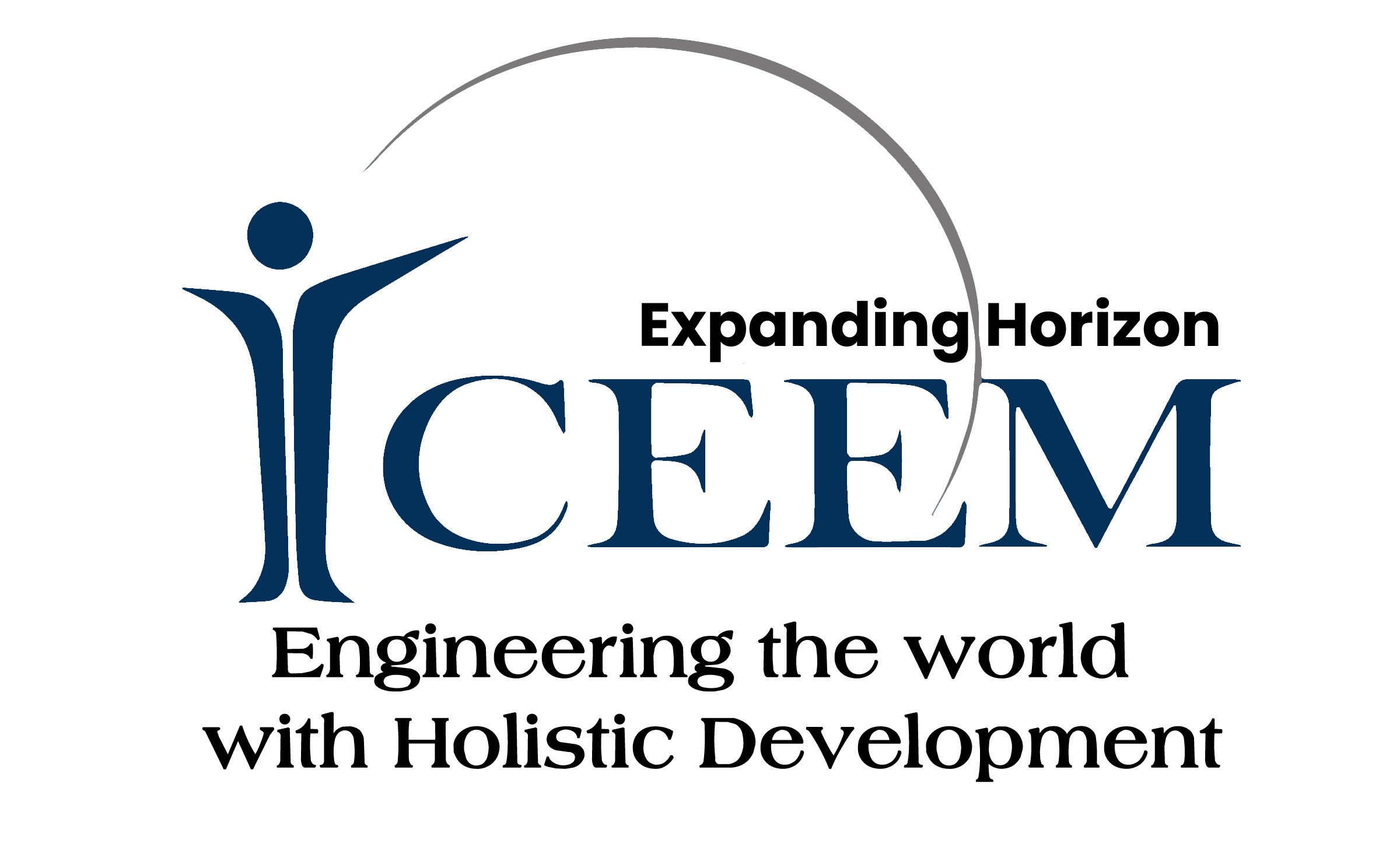
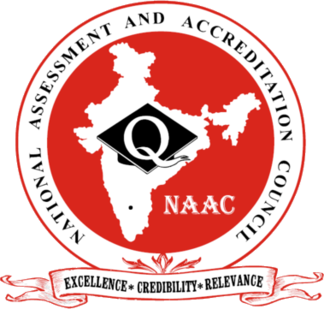
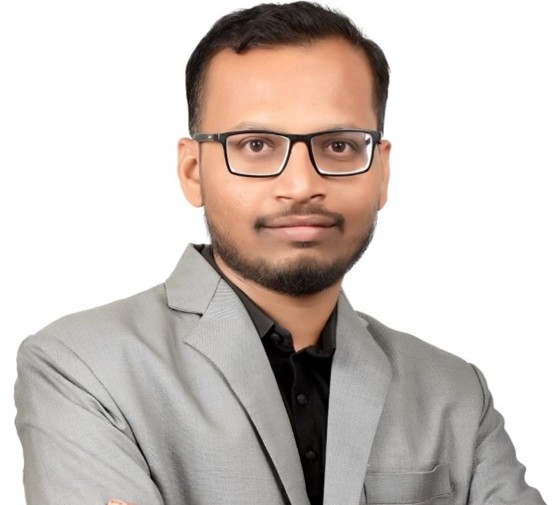

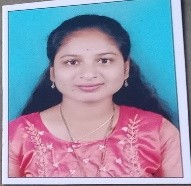
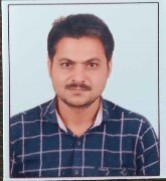
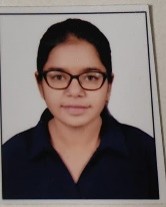
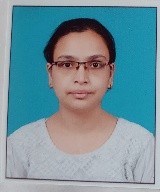

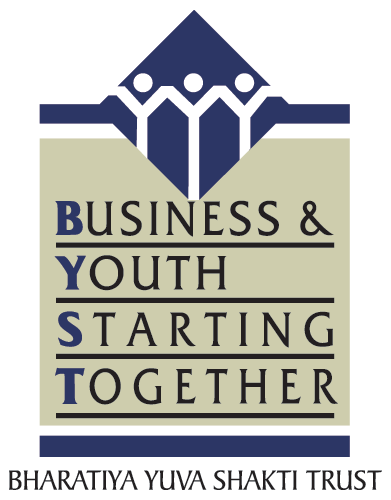

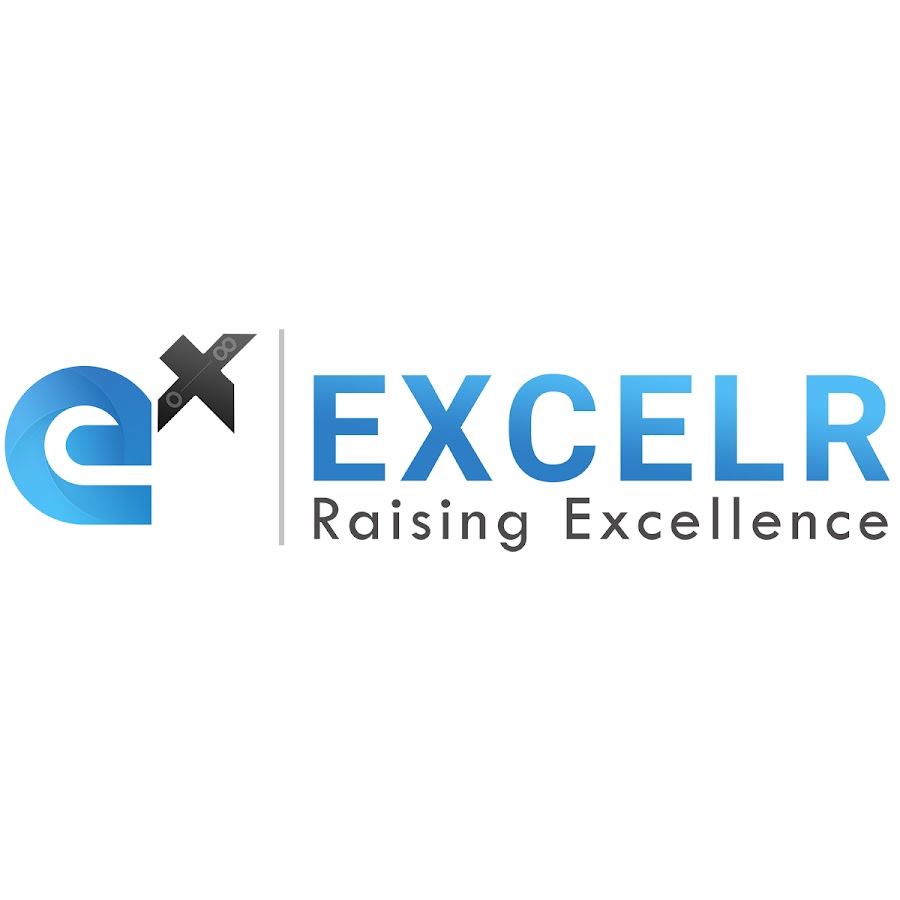

.jpg)
.jpg)
